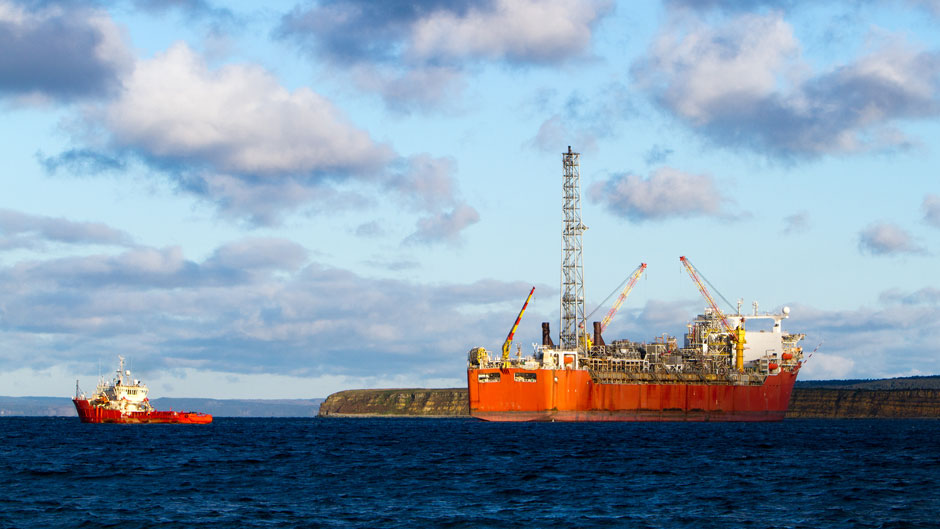On 16 November 2017, Brazil’s Superior Court of Justice (SCJ) handed down its judgment on the long running case involving the FPSO OSX3 (the OSX3 Unit).
In 2015 and 2016 the lower courts in Brazil had caused concern amongst those involved in secured lending transactions for offshore oil and gas assets, by casting doubt on the validity of foreign law mortgages recorded against assets in Brazilian waters.
In the case of the OSX3 Unit, a Liberian preferred ship mortgage had been granted over the FPSO in favour of Nordic Trustee. As explained in our previous briefings in July 2017 and March 2016, following a challenge by an unsecured creditor, BTG Pactual S/A – Cayman Branch, the first instance court and then the Appeals Court in Sao Paulo had refused to recognise the Liberian preferred ship mortgage. The Appeals Court did so on the basis that it need only recognise a foreign mortgage (i) where the mortgage is registered with the Brazilian Maritime Registry (BMR) (it only being possible to register a mortgage with the BMR over a ship registered under the Brazilian flag), or (ii) to give effect to Brazil’s international obligations. As the Republic of Liberia was neither a signatory to the Brussels Convention of 1926 for the unification of certain rules relating to a maritime liens and mortgage nor to the Bustamante Code of 1928, the Brazilian court refused to recognize the Liberian mortgage over the OSX3 Unit.
The decision was appealed to the SCJ, which is the highest court in Brazil (for non-constitutional claims), where the Liberian Registry also sought permission to intervene and make submissions as an interested party.
At the time of printing, the full SCJ decision is not yet available. However, in a public judgment, the SCJ unanimously held that the Liberian mortgage (and, by extrapolation, foreign law mortgages generally) should be recognised. The court noted not only the need to give effect to the international conventions cited by the Appeals Court, but also cited the importance of avoiding legal uncertainty surrounding the enforcement of foreign law mortgages over ships trading in Brazil, which could have economic as well as legal consequences. Once the decision is formally published it could, in theory, be appealed to the constitutional court, but this could only be done on limited grounds.
While the decision is not binding on lower courts in Brazil, it is generally considered to be strongly persuasive. As such, this latest decision from the highest court in Brazil is likely to reassure many of those involved in secured lending transactions for offshore oil and gas assets, where those assets are located in, or trade within, Brazil’s maritime economic zone.







